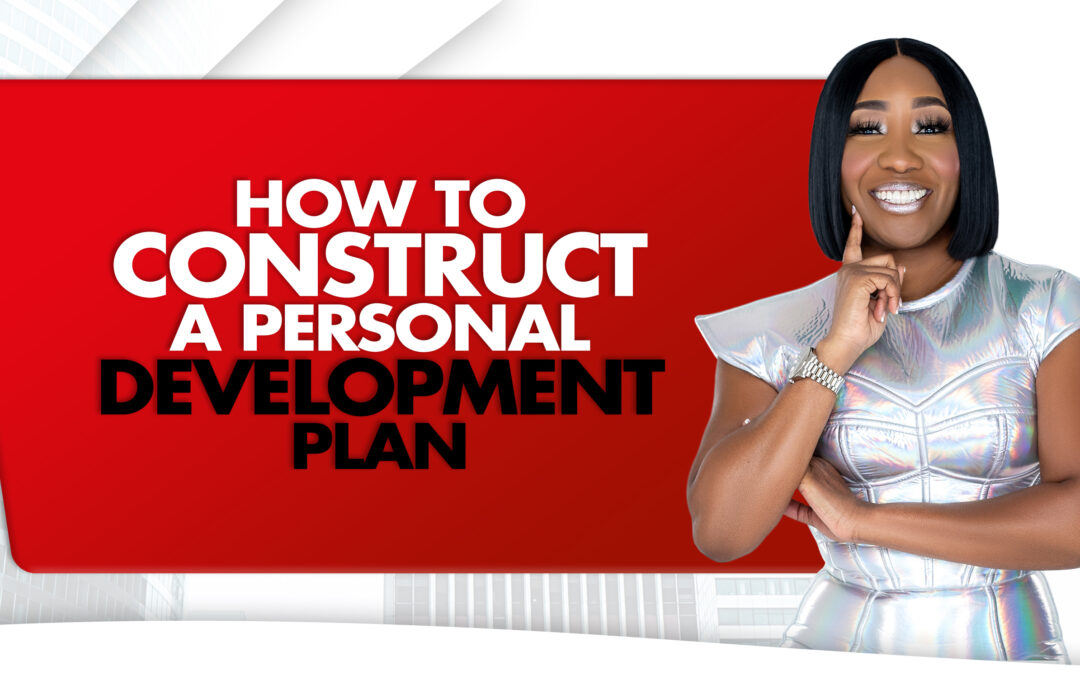It doesn’t matter if you’re a first-time entrepreneur or a seasoned business owner, having a comprehensive personal development plan is an absolute must for operating a successful (and healthy) business.
The first step in constructing any personal development plan is to define your goals and motivations. Next, you’ll need to determine the skills required, self-assess your performance, and identify any areas for improvement. Lastly, you can set “SMART” goals to develop a comprehensive action plan.
If you’ve been struggling or wanting to learn more about how to create a powerful personal development plan—you’re in luck! In this article, I’ll cover everything you need to include, plus a few expert pointers.
…But first, looking for a CAREER that allows you to make $100K in 90 days? Register now for my FREE + EXCLUSIVE online training, ‘Teach Me The Tax Game’ and learn everything you need to know to own a successful tax preparation business.
But First, What Is A Personal Development Plan?
Simply put, a personal development plan is a guideline for your life, business, and overall success.
It should come as no surprise that professional development and personal development are two distinct avenues of self-improvement that complement each other.
For example, imagine you’re working toward personal growth or creating a professional development plan. You’re likely to achieve your personal goals for work as a result of learning new skills or strengthening abilities you already possess.
How to Create a Personal Development Plan
First, you need to identify one thing: what sets you apart from others working in your field?
It could be your drive, work ethic, or passion for details. Maybe you speak more than one language or are an excellent public speaker. Perhaps you’re naturally gifted at reading people’s emotions but lack relationship-building skills at work. Whatever your strengths and weaknesses are, define them now.
Step 1: Identify Results and Motivation
The first and most essential step, a vision for your personal development plan starts at the finish; meaning, begin with the end in mind. Consider where you want to start and what goals you wish to achieve.
Motivation to maintain your success depends on knowing why you want to improve yourself. So, it’s important to figure out what you want to achieve, and you’ll truly set yourself up for success.
Step 2: Determine The Skills You’ll Need
Once you have identified your goal, you need to ask yourself: What skills do you need to accomplish this outcome?
You may need several skills to achieve your goals but don’t let that overwhelm you. Make a list of them all so you can explore all development opportunities.
Identify the skills you need to work on or add to your toolbox with help from colleagues, peers, or a personal life coach.
Step 3: Perform A Self-Assessment Of Your Skills
There are some skills that come naturally and others that take a lot of effort to master. I recommend you self-assess your skills needed for personal growth. What skills do you already possess, and which will you need to learn?
You should not be afraid to ask your colleagues or friends for feedback when considering which of your skills could be improved. Think about the skills you already possess and how you perform under stress.
For instance, in a meeting, you know you can present to your peers and supervisors, but how might you perform in an auditorium full of people? To become even more capable, you can build upon your existing skills.
Step 4: Focus On One Skill
Choose one relevant skill to help you discover where to focus your energy first. Developing this one skill will help you get closer to your goal.
This might be an obvious skill, and in some cases, it may even be extremely difficult to identify. With that being said, recognizing and working on these skills one at a time can make the personal development plan process less mind-boggling and help you reach your goals more quickly.
Step 5: Construct An Action Plan
It’s imperative to determine success and develop a plan. I use an objective-setting method called SMART goals.
This method helps you make your goals Specific, Measurable, Attainable, Relevant, and Time-bound. Be clear about your goals. Make sure not to overdo it. Celebrate your successes. Establish deadlines you can meet and always stick to a schedule.
Using Personal Growth For Professional Development
Professional development is influenced by different career fields in different ways. Some industries require a specific number of hours to demonstrate skills in the field, while others require only a certain number of education credits. The requirements vary by industry and position, so it’s crucial that you speak with other professionals in the field so that you can develop a strategy for success.
I’ve witnessed personal growth leading to professional development many times in my life. I’ve seen personal growth goals, such as becoming a stronger communicator and mastering conflict resolution, lead to professional development.
…And while you’re here, don’t forget to take advantage of my FREE + EXCLUSIVE online training, ‘Teach Me The Tax Game’ and learn everything you need to build a successful career as a tax professional!

Recent Comments